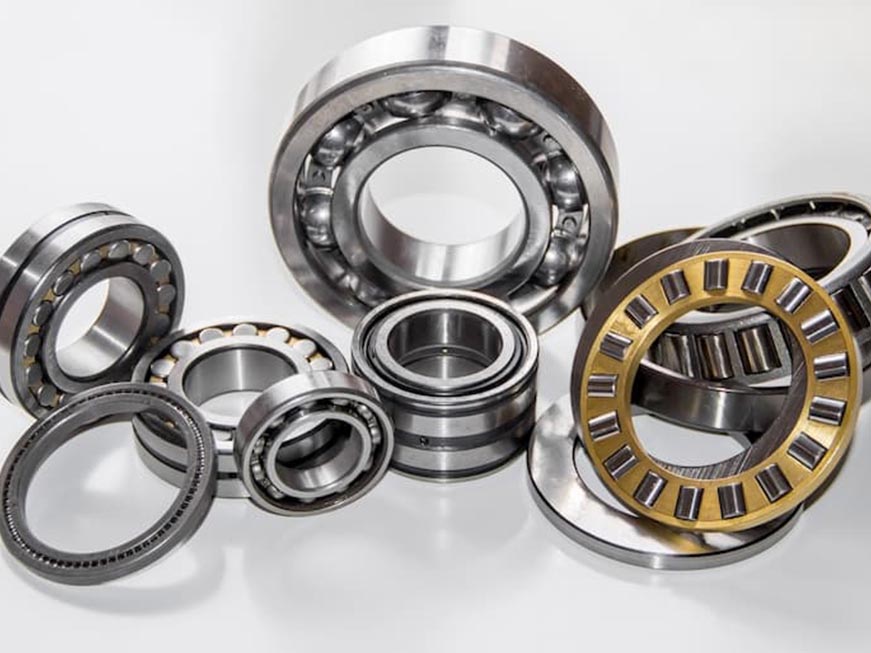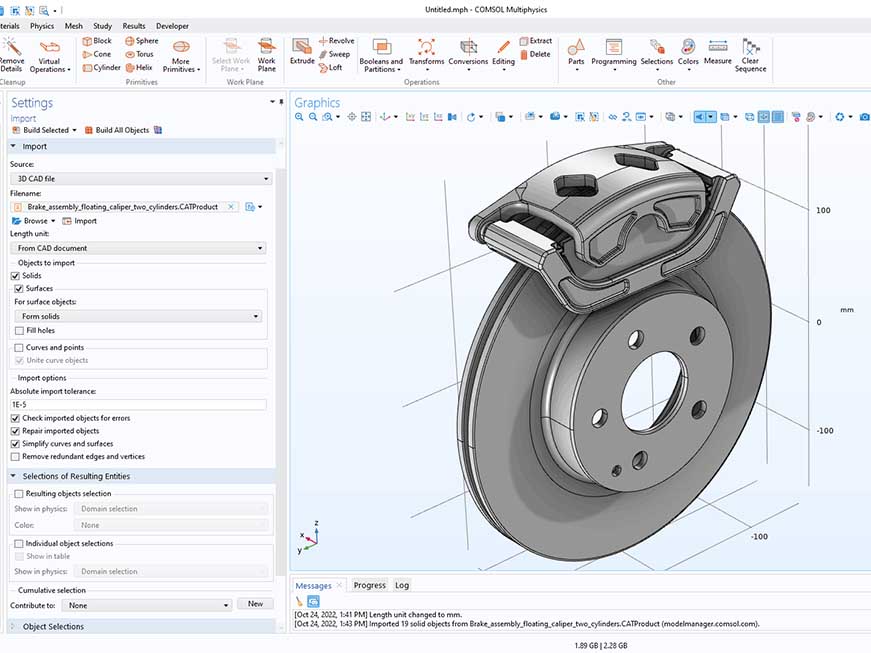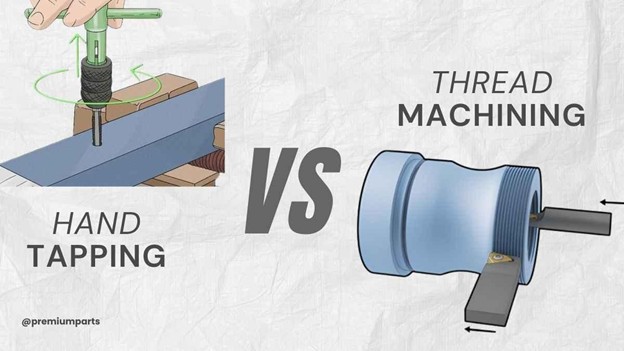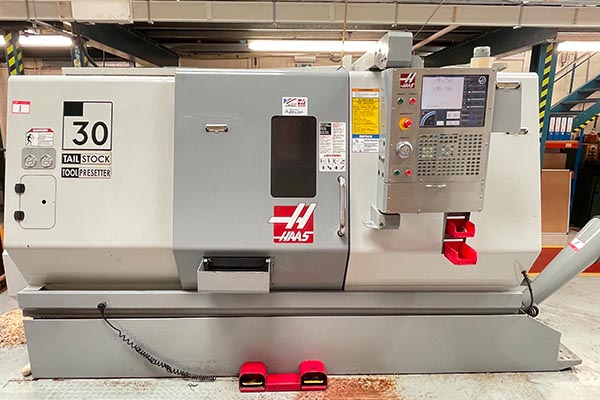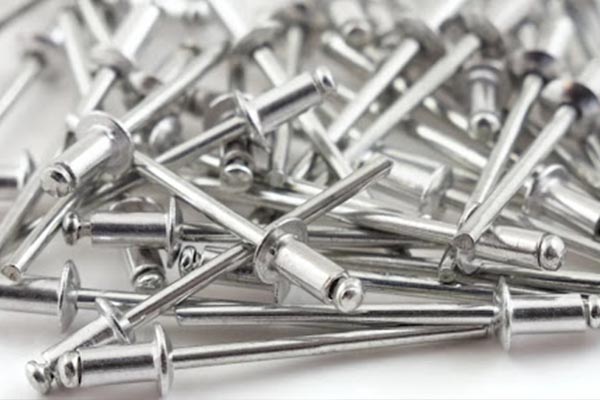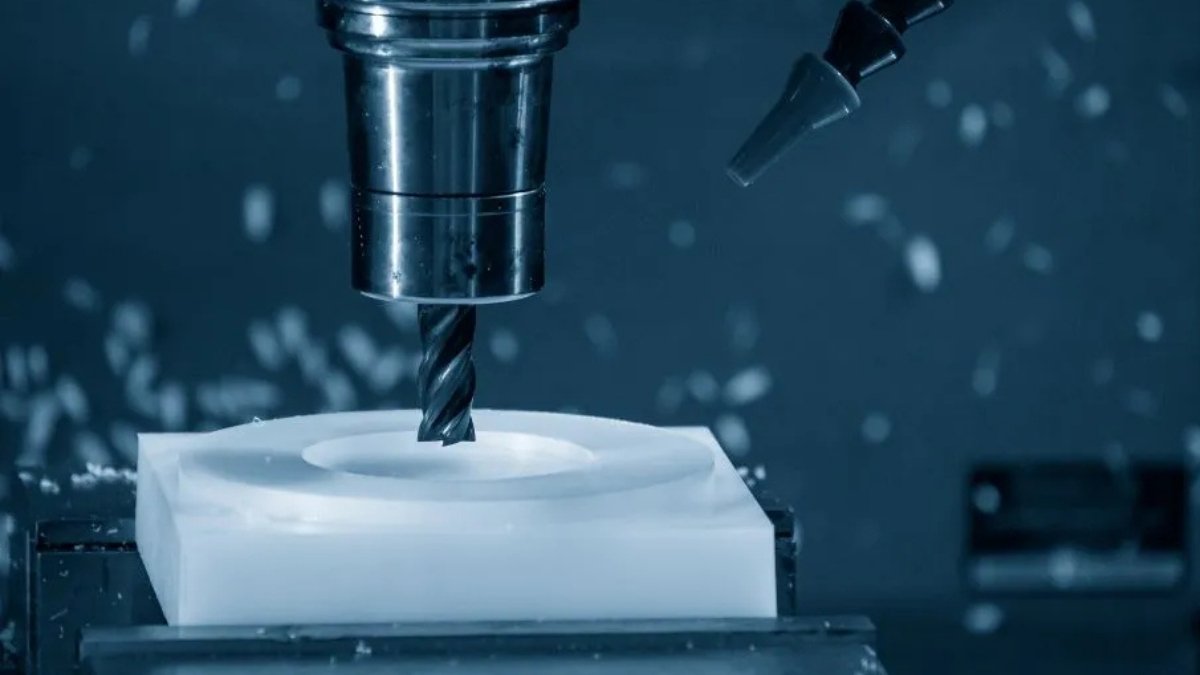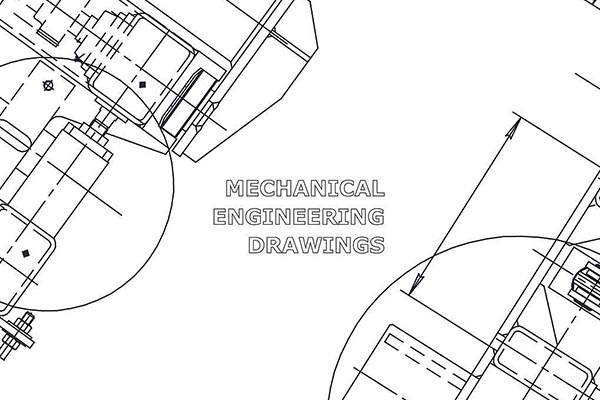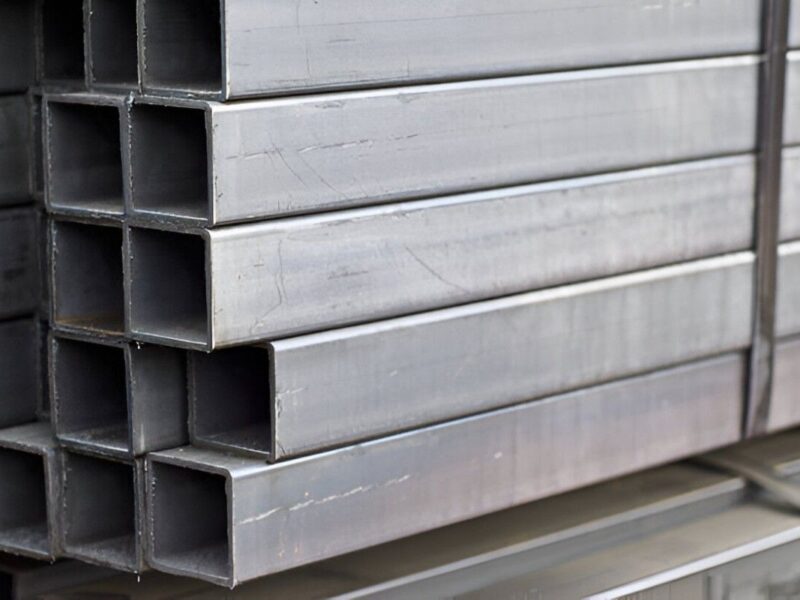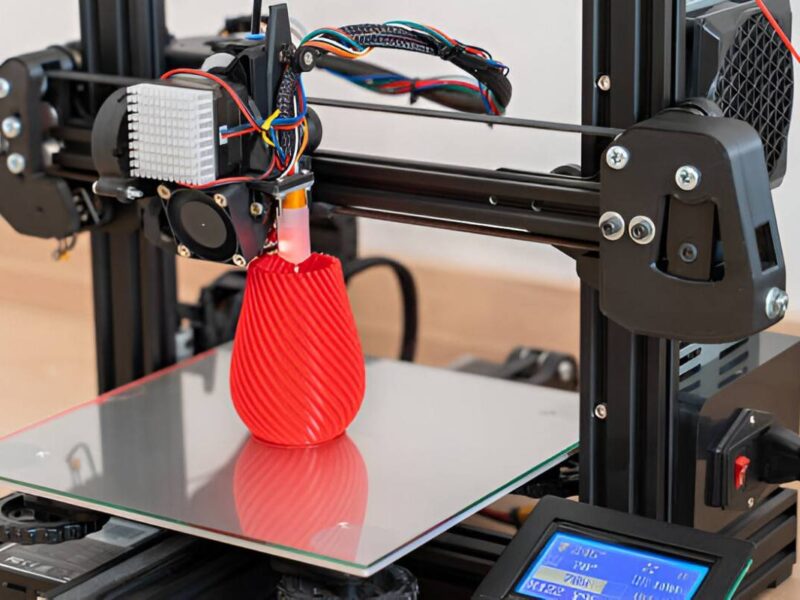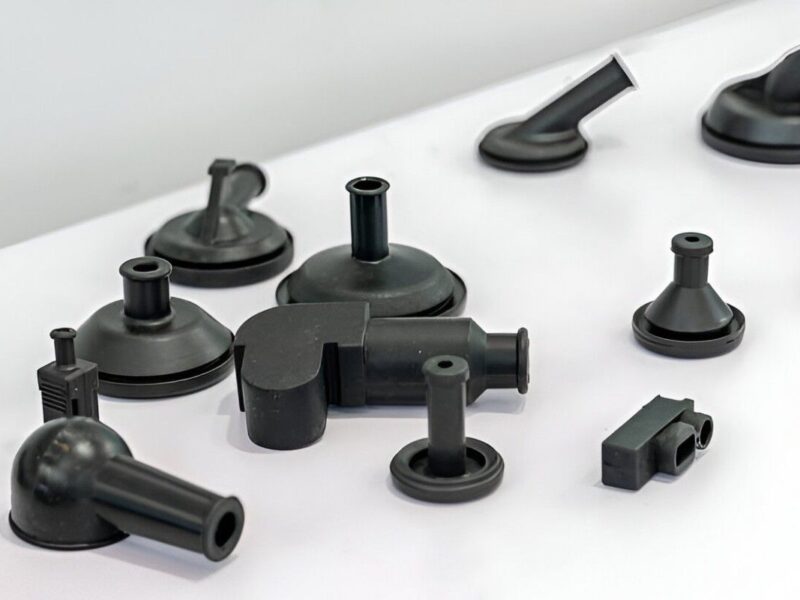CNC Machining is the base of many medical devices. Medical tools need accuracy and high quality without minor errors. Besides, these products sometimes need rapid production and high standards. Thus, the medical device machining industry uses CNC machining to meet these requirements. Moreover, the uses of CNC machining in the medical field are diverse. Different materials and processes are needed to manufacture the products accordingly.
In this article, we will discuss why medical device machining is best for your project and dig deeper into the products’ manufacturing methods, benefits, and applications. Keep reading for a better understanding.
What Makes CNC Machining Best for the Medical Industry?
CNC (Computer Numerical Control) machining is a vital manufacturing method for medical devices. It offers parts with high precision, consistency, and efficiency. The products come with tight tolerances and exceptional performance. CNC Machining also offers repetitions of the designs and bulk production. Here are some other reasons why you should choose CNC medical device machining:
Variety of Tools
CNC Machining doesn’t need special tooling for different parts. It’s a cost-effective solution to produce high-end parts in a single go. There is no need for manual tool switching, so it also saves costs. In comparison, the regular machining process, such as mold tooling, can take up to four weeks. However, precision CNC machining can manufacture smaller batches of custom parts for large-scale production. This method offers quick, accurate, and quality results without special tooling.
Order Volume
The generic manufacturing method needs a minimum order volume to work on. Some can’t go with small-scale productions. However, CNC machining offers rapid production from smaller to larger volumes. With the help of programming and automatic tooling, it can manufacture any scale products without errors. This offers high-end precision manufacturing of medical parts. Thus, CNC machining is best for creating high-end and intricate medical devices, from surgical products to prosthetics.
Flexibility of Material
CNC machining is feasible with different types of materials. It can work on materials like stainless steel, aluminum, and plastics like PEEK. Moreover, after creating a 3D model, you can transfer its CAD to another digital machine. CNC precision machining can help manufacturers create high-end medical components. It can work on most of the common materials used for medical tools.
Speedy Production
Unlike general production methods, CNC offers quick production of medical and surgical parts. However, this depends upon the complexity of the part’s geometry. A part with difficult geometry can take more time than a simple one. Moreover, the need for medical parts is usually urgent. So, with rapid and automatic production, CNC production machining can offer quality parts with high precision and bulk quantity.
High Tolerance
As CNC medical device machining does not involve much human labor, mistakes are less likely. CNC machining can easily offer devices with high tolerances and accuracy. Thus, due to this spec, most parts don’t need post-processing, which reduces the cost. Besides, it also ensures that the parts are fit for their particular functionality. Healthcare is a sensitive sector, so even a small negligence can cost a lot. The precision and accuracy of CNC machining mitigate this risk seamlessly.
Design Flexibility
Another major advantage of CNC machining for manufacturing medical parts is that it offers design flexibility. It can easily transform a design into functional parts. Sharing and transferring the design is seamless; you can transfer it to medical specialists and manufacturing professionals. Another benefit is that it offers high-quality medical parts regardless of their use. Furthermore, the ability to work on different axes enables the manufacturing part to handle any geometry.
Materials for Medical Device Machining
Medical parts usually have different requirements corresponding to their use in the medical field. Some require high tolerance and tension, while others are malleable. Manufacturers also need cleansing and sterilization. Thus, choosing the right material according to the functionality of the medical parts is necessary. Most parts are made of metals like stainless steel and aluminum, while some comprise plastic polymers. Here’s the list of the materials suitable for machining:
– Metals
The selection of the metals usually depends on the medical applications. The designers consider their compatibility and anti-corrosion properties. This section includes the key metals:
Aluminum
Aluminum, such as AI 6061 and AI 7075, is a lightweight metal with good corrosion resistance. Besides, you can easily anodize it to enhance its characteristics, such as hardness and anti-corrosion. However, it’s not best to be used directly on the human body; its best uses are in support equipment. The most common examples of its usage are in wheelchairs, orthopedic supports, IV stands, and others.
Stainless Steel
Depending on its composition, stainless steel is divided into many categories, such as 316L and 304. It has stronger corrosion resistance and is best for manufacturing surgical tools. This metal comes in contact with the human skin directly, for example, for implants, during surgery, and for diagnosis. The material is strong and durable, with high compatibility. Besides, manufacturing also uses post-processing methods, such as polishing, to refine its surface. From orthopedic replacements to tweezers and hemostats, stainless steel has a wide range of applications in the medical field.
Titanium and Cobalt-Chrome
Titanium is known for its excellent biocompatibility and good strength. Titanium metals like Ti 6AI-4V are lightweight and best used in orthopedic implants and surgical equipment. On the other hand, cobalt chrome alloys are durable and resistant to wear and tear. Thus, they are also a good choice for prosthetics and bone replacements.
Copper and Magnesium
Copper has the best antibacterial properties, so its functionality lies in the manufacturing of surfaces that are generally in frequent human contact, such as monitor switches and buttons. Besides, its antiviral properties make it best for dental implants. Comparatively, magnesium has biodegrading properties, making it good for bone graft replacements.
– Plastics
Plastics have diverse uses in the medical industry. Their versatility, resistance, and sterilization make them best for medical applications. Some major plastics include:
Delrin
Delrin is strong and hard, making it dimensionally stable. Its thermoplastic stability and chemical resistance make it best for CNC machining. It also has low friction, which offers precision for medical device machining. It is commonly used in scalpels, inhalers, and other medical equipment.
Acrylic
Acrylic is a plastic with high impact resistance. Its optical clarity makes it usable in the manufacturing of medical parts such as lenses, prosthetics, microscopes, and protective shields.
Polycarbonate
Polycarbonate is ideal for manufacturing medical parts, including tubing, connectors, goggles, etc. Its high strength and optical clarity also make it suitable for the manufacturing of respiratory masks and handles for other medical instruments.
PEEK
PEEK has exceptional strength and offers performance. It’s a type of engineering thermoplastic with good chemical resistance. The ideal uses are the creation of medical parts with harsh chemical exposure. It is used in ventilators, surgical clamps, and x-ray machines.
PTFE (Teflon)
PTFE is temperature-resistant and offers exceptional dimensional stability. It is best for the manufacturing of devices that need frequent sterilization. This medical-grade thermoplastic is also best for creating highly precise and reliable parts. Some major examples include wound dressings and medical implant equipment.
Polypropylene
Polypropylene is highly chemical resistant, offers dimensional stability, and creates precise parts. This plastic has many applications, from test tubes and pipettes to packaging and syringes.
UHMW PE & Nylon
Polyethylene is durable and has good biocompatibility and strength. Its major functionality lies in manufacturing splints, probes, and catheters. Nylon, on the other hand, has good temperature resistance and hardness. It’s best for medical device machining, such as sutures, forceps, and dental equipment.
Applications of CNC Machining in the Medical Industry
CNC machining has a wide range of applications in the medical industry. With the importance of precision and tolerance, the operators use precision machining for quality control. Thus, medical device machining is ideal for innovative medical practices with advanced medical care. Let’s uncover some major applications of CNC Machining in the medical industry:
Prototyping of Medical Devices
Prototyping includes manufacturing parts for medical testing and checking their functionality. For example, if you want to create or design a new part according to your needs, this critical phase allows the manufacturers to create one for you. CNC machining turns the digital designs into functional parts easily to ensure they meet the requisite functionality.
Surgical Equipment
The manufacturing of surgical parts requires high precision and tolerance. Parts such as scalpels, forceps, and clamps might look like simple tools, but are sensitive to surgical procedures. Besides, they frequently undergo sterilization and repetitive use, needing good durability. CNC precision machining can offer quality parts as per medical requirements.
Orthopedic Implants
Bone replacements, such as hip and knee replacements, usually have complex geometries. They also need high tolerance, which only CNC machining can achieve. This machining method can work with biocompatible materials, including titanium and PEEK. Thus, CNC machining offers parts that are safe to use and durable.
Dental Implants and Prosthetics
The dental sector also needs high precision for parts, including implants, crowns, and dental tools. CNC machining offers support for manufacturing custom parts, enhancing the success of many dental operations. Prosthetics, however, need customization to make them comfortable and functional.
Diagnostic and Cardiovascular Devices
The diagnostic equipment also includes numerous CNC-manufactured parts. CNC offers precision and accuracy, which are crucial for precise analysis and patient diagnosis. Cardiovascular devices include stents and heart valves. These devices need good biocompatibility and accuracy as they have long-term contact with the human body.
Electronic and Endoscopic Tools
CNC machining offers the precision and accuracy of manufacturing electronic parts. From monitors to X-ray machines, all are important in the healthcare sector. Moreover, endoscopic tools are also the result of the miniaturization offered by CNC machining. The precise parts enhance the patient’s recovery success and surgical results.
Premium Parts: Reliable Medical Device Machining Provider
CNC medical device machining of the parts offers versatility, precision, and reliability. Medical equipment needs attention to design detail and material selection. With the high-performance standards in the medical field, the parts also need good tolerance. Thus, working with the right CNC manufacturing service providers is necessary for good results.
Premium Parts offers the most reliable medical equipment manufacturing solutions. We are certified CNC manufacturers, and all our manufactured parts comply with industry standards. Our team of experts emphasizes quality and offers the parts that meet your needs. With extensive knowledge of the medical sector, we ensure the ideal selection of materials for manufacturing high-quality parts. Get in touch and list your requirements with us to get a quote.
Conclusion
CNC machining is a special manufacturing method that uses the latest technology and approach to create parts with high precision. In the medical industry, the parts need good tolerance, quality material, and accuracy, which only CNC can offer. The design optimization and best material selection make CNC machining the best solution for medical equipment manufacturing. Whether you need small-scale production or large-scale production, Premium Parts can offer reliable and cost-effective solutions. Contact us and get started with your project right away.
FAQs
What are the advantages of CNC machining in the medical industry?
The medical industry needs parts with precision, accuracy, and strict tolerances. CNC machining manufactures parts according to surgical and medical needs. It can offer small-scale to large-scale production of medical parts and provide repeatability to create similar parts in any quantity. Moreover, CNC parts have fewer errors and are fast to manufacture.
How to choose a material for medical device machining?
To select the right material for medical parts manufacturing, you must consider safety, functionality, and durability. You must also consider uses such as body contact and radiation exposure. The material should be stable in biological responses and intensive use. Moreover, it’s also important to consider stabilizability and chemical resistance.
What are the tips for designing CNC medical parts?
To design a part for CNC manufacturing, it’s best to consider its future use. Then, simplify the design by removing unnecessary features and using standard features. Use strong colors and optimize the design to make it handy and portable. Moreover, ensure the part design has easy maintenance for functioning properly and safely.


